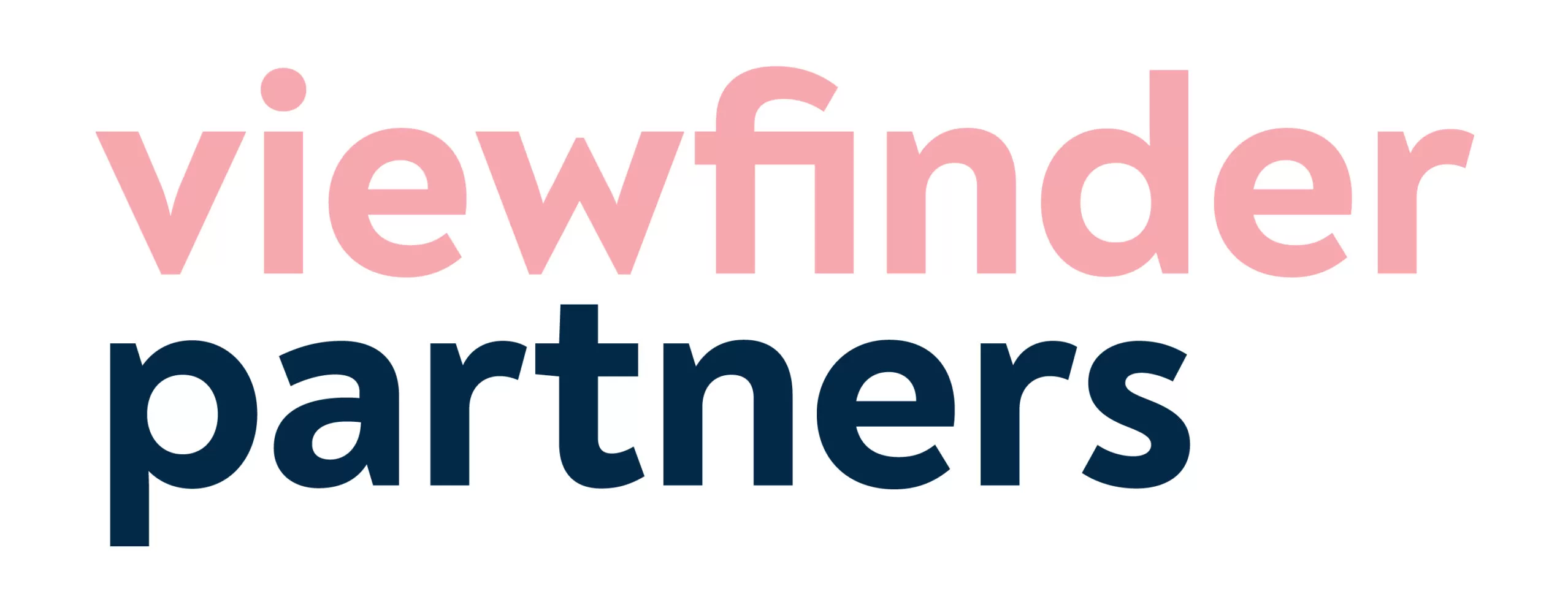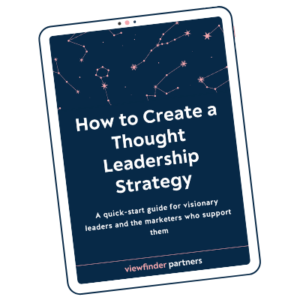Bet you’ve never heard this description used on a podcast: “We interview CEOs from various backgrounds.”
Or on a blog: “We share actionable insights.”
Zzzzzzzzzzzzzzzzzzzzzzzzzzzzzzzzzzzzzzzzzzzzzzzzzzz.
If your content is promising something this vague and general, you might need to develop a more specific premise for your content.
The word “premise” has come up in a lot of my conversations lately. I don’t know who started the movement to develop a fuller, more specific, more intentional premise for content, but the message is taking hold, because I’m getting more people who specifically ask me: “Can you help me develop the premise for this [series/podcast/show/speech]?”
What is a content premise?
The premise is the foundation. It’s what you’re basing your ideas, argument, or theory on. It’s the context.
I also think about a premise is a built-in edge. If you have a clearly-defined premise, you have done the work of establishing who you’re talking to, what you’re talking about, and how this conversation is different than all of the others that are already happening.
The podcast production agency Yellow House Media has a helpful worksheet to develop a premise for a podcast: The Podcast Premise Worksheet. The worksheet asks questions like:
- What do you want to discuss?
- Who else is already doing that?
- How is your content going to be different?
- How can you use your voice/personality/perspective to show that difference?
I immediately zeroed in on that fourth bullet. It’s what I call finding the overlap — the overlap between what your audience needs and what you uniquely can provide.
An example of a podcast premise
Here’s an example of how you could take a project from no premise (boring, aimless, no hook) to a specific premise (interesting, intriguing, draws me in).
Let’s say you want to create a podcast hosted by your CEO. She will interview clients and leaders in your industry and find out what’s coming next.
Cool! Love it! The only snag I see? This is the format of every other business podcast. What’s the point? Why do you need a podcast? What are you adding to the robust conversation that’s already happening?
Instead of copying and pasting everyone else’s podcast, could you create an edge for your show by developing a specific premise?
You could:
- Ask different questions. Could you get closer to the heart of the issue? Zoom in on specific problems and solutions instead of staying at a comfortable big-picture level? Could you get more personal? Help your guests tell a more compelling story? Challenge the status quo with the arc of your questions?
- Talk to different people. Maybe you skip the CEOs who already get a lot of air time and instead, talk to a different group of people – people in a different corner of the industry, or people who lead marketing or supply chain or customer experience. Maybe you talk to the customers who are impacted by a business, not just the people leading the business.
- Deliver the content in a different way. You don’t have to mimic the standard format that everyone else in your industry is following. What if you started every show with a story? What if you brought in custom music or voiceover talent? What if you recorded on-site audio of work happening inside a conference room or factory? How could your show sound different?
- Scrap the existing format and do something completely novel. What if you forget about the CEO interview format and instead, develop a fictional audio drama about your industry? You might be raising your eyebrows, but check out what Tenable and Caspian Studios are doing with Hacker Chronicles. The possibilities are endless.
These pivots — this shift from doing what everyone else is doing to doing something differentiated — this practice of developing a premise — can apply to any kind of content. Podcasts, video series, social media.
You don’t have to do things the way everyone else is doing them. Instead of racing to the center of the pack, what if you created a new pack? A content premise can help you do that.







